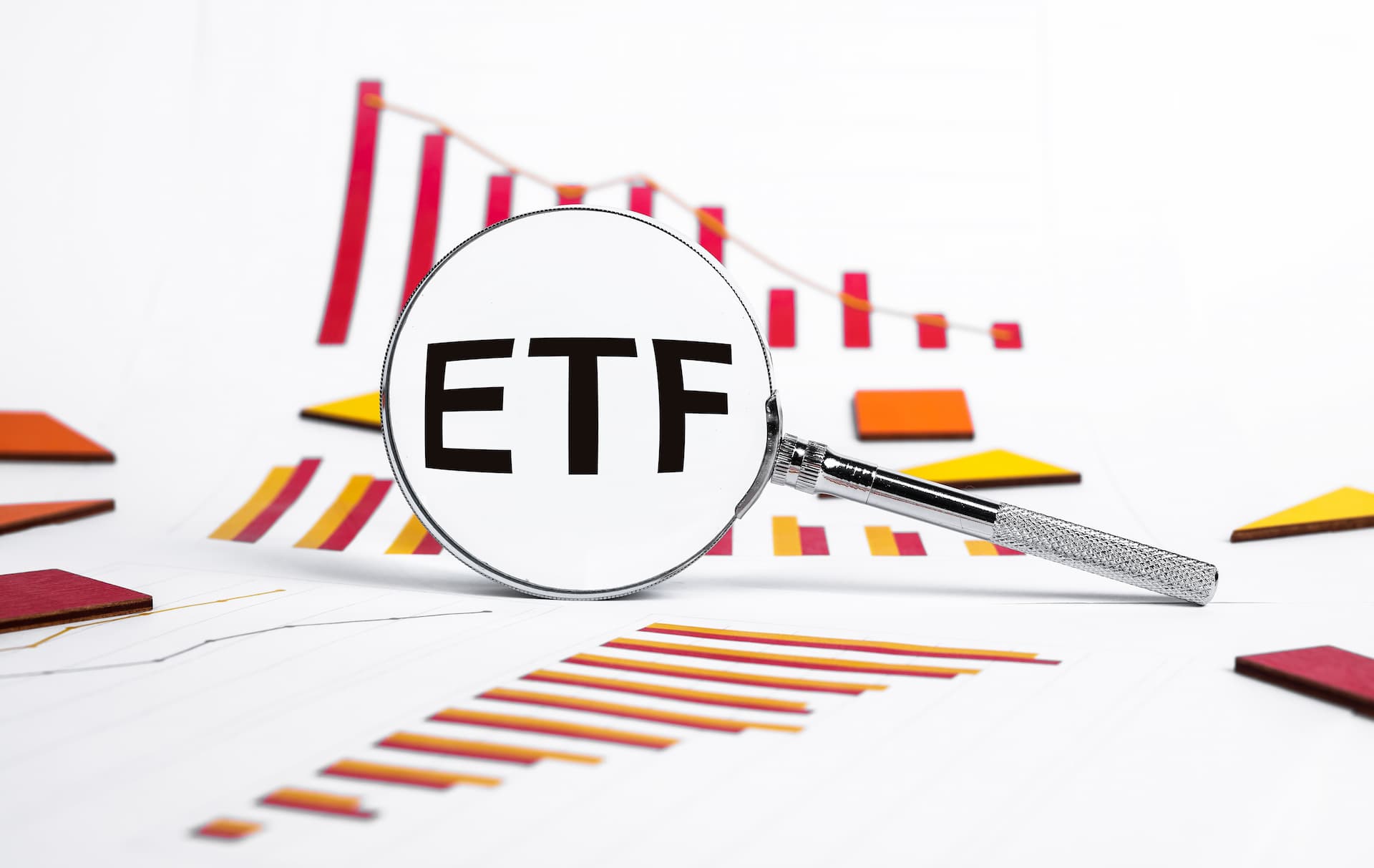Types of Market Orders: Market Order, Limit Order, Stop Order
In trading, market orders, limit orders, and stop orders are essential tools that traders use to execute trades under different market conditions. Understanding these order types is crucial for effectively managing trades and achieving desired outcomes.

Understanding the different types of market orders is essential for any trader or investor. Each order type serves a distinct purpose and can be used strategically to achieve various trading objectives. This guide will explain the three primary types of market orders: Market Orders, Limit Orders, and Stop Orders, and when to use each.
1. Market Orders
A market order is the simplest and most straightforward type of order. It instructs your broker to buy or sell a security immediately at the best available price.
- Definition: A market order is executed at the current market price, ensuring quick execution. However, it does not guarantee the price at which the order will be executed.
- When to Use: Use a market order when you need to enter or exit a position quickly and are less concerned about the exact execution price. This is ideal for highly liquid assets where price slippage is minimal. For more information, visit trading basics.
- Advantages: Fast execution and simplicity make it suitable for urgent trades. It ensures your order is filled as quickly as possible.
- Disadvantages: The price at which the order is executed might differ from the expected price, especially in volatile markets. This can lead to slippage. Learn more about market order execution on trading tools.
2. Limit Orders
A limit order specifies the maximum price you are willing to pay when buying or the minimum price you are willing to accept when selling. This order type will only be executed at your specified price or better.
- Definition: A limit order allows you to control the price at which your trade is executed. It ensures that you do not pay more than a specified price when buying or receive less than a specified price when selling.
- When to Use: Use a limit order when you have a specific price in mind for buying or selling a security. This is useful for targeting precise entry or exit points. For a deeper dive into limit orders, explore trading strategies.
- Advantages: Guarantees the price at which the trade will be executed, providing better control over execution costs.
- Disadvantages: The order may not be executed if the market price does not reach the specified limit. This could result in missed trading opportunities. Learn more about limit orders on stocks.
3. Stop Orders
A stop order, also known as a stop-loss order, is used to limit losses or protect gains by automatically closing a position when the price reaches a specified level. There are two main types of stop orders: Stop-Loss Orders and Stop-Limit Orders.
-
Stop-Loss Orders: Automatically closes your position when the price hits a specified stop level. This is used to prevent further losses if the market moves against you.
- When to Use: Implement a stop-loss order to protect against significant losses in a declining market or to lock in gains in a rising market. For more on managing risk with stop-loss orders, visit trading basics.
- Advantages: Helps limit losses and manage risk by automatically closing a position at a specified price.
- Disadvantages: The stop order may be triggered by short-term price fluctuations, potentially resulting in premature exits. Learn more about stop-loss execution on trading tools.
- When to Use: Implement a stop-loss order to protect against significant losses in a declining market or to lock in gains in a rising market. For more on managing risk with stop-loss orders, visit trading basics.
-
Stop-Limit Orders: Combines features of stop orders and limit orders. It becomes a limit order once the stop price is reached. This allows you to specify the price at which the order should be filled once triggered.
- When to Use: Use a stop-limit order when you want to control both the stop price and the limit price for the execution of your trade. This is useful when you want to avoid selling at a price significantly lower than your stop price. For more details, visit trading strategies.
- Advantages: Provides more control over the execution price after the stop level is reached.
- Disadvantages: The order may not be filled if the limit price is not met, potentially missing the opportunity to exit a position. Explore stop-limit order mechanics on trading tools.
- When to Use: Use a stop-limit order when you want to control both the stop price and the limit price for the execution of your trade. This is useful when you want to avoid selling at a price significantly lower than your stop price. For more details, visit trading strategies.
When to Use Each Type of Order
Choosing the right type of order depends on your trading goals and market conditions:
- Market Orders: Best for situations requiring quick execution where the exact price is less critical.
- Limit Orders: Ideal for targeting specific entry or exit prices and controlling the execution cost.
- Stop Orders: Useful for managing risk and protecting gains by automatically closing positions at predefined levels.
Understanding and utilizing these order types effectively can significantly impact your trading success. By choosing the appropriate order type based on your strategy and market conditions, you can enhance your trading efficiency and achieve better results. For further resources on order types and trading strategies, visit 24markets.com.

Article by:
Jeremy Noble
Education Center Specialist 24markets.com
TAGS
Latest Education Articles
Show moreTake your trading to the next level.
Join the broker built for global success in just 3 easy steps. A seamless experience built for traders who value speed and simplicity.

Create Your Account

Make Your First deposit




